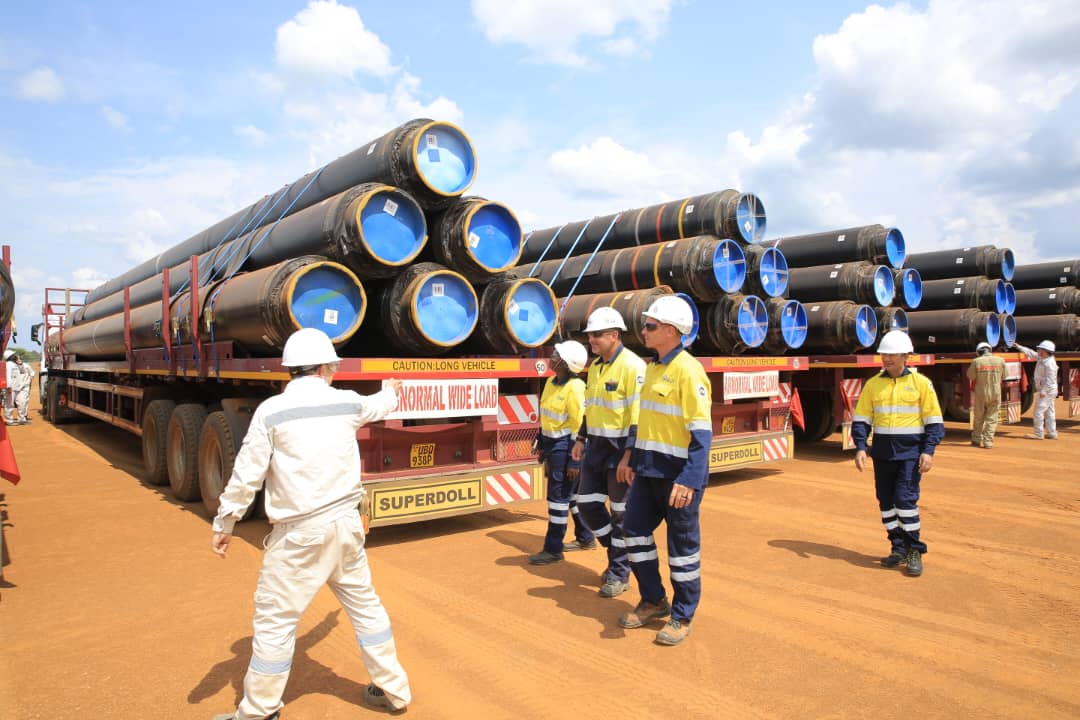Distribution

Turkey reins in Russian oil imports under US pressure

Responding to threats of US sanctions, Turkey is scaling back on Russian oil imports and turning to alternative suppliers, though its heavy reliance on hydrocarbons from its northern neighbour will be hard to break.
Turkish refiners have become more active on global crude markets after Washington and the EU intensified pressure in October, warning of sanctions against buyers of Russian oil from firms such as Lukoil and Rosneft.
Almost 50 percent of Turkish crude requirements come from Russia, with 317,000 barrels per day (bpd) being shipped from there, out of daily average imports of 669,000 bpd in the January to October period, Reuters reported.
However, in the past few weeks leading refiners Tüpraş and the Azeri-owned Socar have placed orders for shipments of oil from Kazakhstan, Angola and Brazil, the report added.
Ankara’s efforts to diversify its oil imports were also given a boost in September, with the reopening of a pipeline from northern Iraq running to the energy hub of Ceyhan on Turkey’s Mediterranean coast – which has been out of operation since 2023 – with the capacity to carry up to 400,000 bpd.
Though Turkey has scaled back its imports of Russian oil, it is still a long way from fully turning off the taps, according to Ümit Nazmi Hazır, a Moscow-based expert on Turkey-Russia relations and an academic at Russia’s National Research University.
“Immediately after the US imposed sanctions on Russia’s two largest oil companies, Rosneft and Lukoil, and the EU announcing its 19th round of sanctions against Russia, we saw Turkey reducing its purchases of Russian oil and turning to alternatives like Iraq,” he told AGBI.
Despite this, Russia remained the single largest supplier of oil to Turkey in October, Hazır said.
“If Western pressure increases and Turkey finds alternatives, it is possible that Turkey will eventually eliminate its crude imports from Russia entirely.”
Ankara is also a major importer of Russian natural gas, with shipments made via twin pipelines, TurkStream and Blue Stream, running beneath the Black Sea linking into the national distribution grid, with some of the take sold on to south eastern Europe.
With Russian supplies accounting for almost half of all gas imports, Turkey may struggle to replace this from other sources, especially at the price offered by Moscow.
Last year Turkey imported 21.6 billion cubic metres of Russian gas and is in negotiations to extend its supply contract with Moscow, though it is also looking to diversify sources including purchases of US-produced liquefied natural gas, while ramping up output from its own Black Sea fields.
Even if it does come under pressure from the West, Aydın Sezer, founder of the Ankara-based Turkey-Russia Research Centre, says Ankara will not be able to end its dependence on Russian gas any time soon.
“Turkey does not have an LNG option that could substitute the natural gas it imports from Russia, even by striking deals with the US and others,” he said.
“Russia knows that Turkey needs its natural gas so that even if Turkey has other LNG deals it would not empower its hand at the negotiation table.”
Instead, Sezer envisages a situation where the US may turn a blind eye to Turkey’s Russian gas imports, as is the case with shipments from Iran, or else use the sales as a position of leverage with Ankara.
“It is crystal clear that stopping this trade is not on,” he said.












